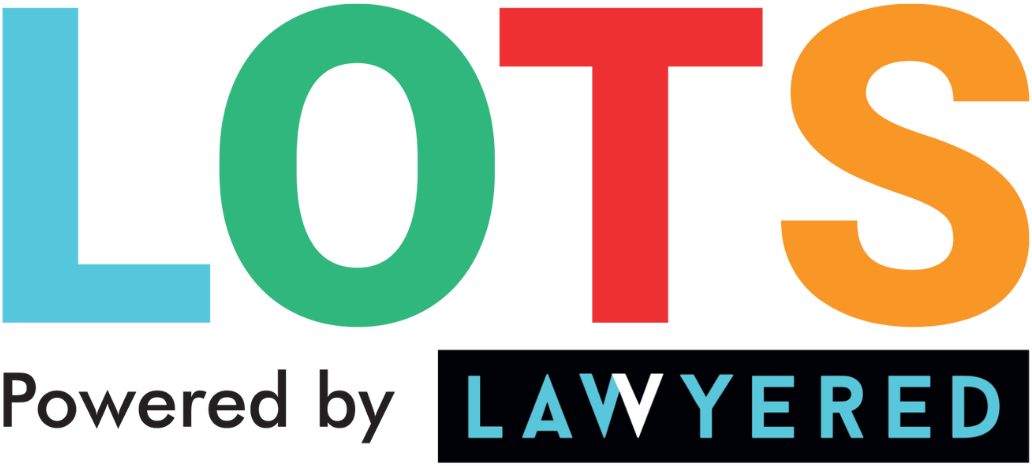Laws on Anti-Corruption in India

Introduction
Corruption is a major social, economic and political problem in India, which has been plaguing the country since its independence. It has become a major obstacle in the progress of the nation and has severely affected its economic and social development. Corruption occurs when an individual or a group of individuals use their power or influence to gain an unfair advantage or benefit at the expense of others. It is a major issue in India, where it is estimated that billions of rupees are lost every year to corruption. The Indian government has been trying to tackle the issue of corruption through various laws and regulations. This article will discuss the laws on anti-corruption in India.
Legal Framework
The Indian legal framework has a number of provisions designed to combat corruption. The Constitution of India provides for the establishment of a special court to deal with cases of corruption. This court is known as the Central Vigilance Commission (CVC). The CVC is empowered to take up cases of corruption against public servants, investigate them and recommend appropriate action. The Indian Penal Code (IPC) also contains provisions to punish those who are involved in corrupt practices. These include offences such as bribery, criminal breach of trust and abetment of corruption.
The Prevention of Corruption Act, 1988 is the main law that deals with corruption in India. It makes it a criminal offence for any public servant to accept or give a bribe or any other advantage in order to influence the discharge of his or her official duties.
The Right to Information Act, 2005 provides citizens with the right to access information from any public body or authority. This act has been instrumental in exposing corruption and making it difficult for public servants to hide their activities.
The Lokpal and Lokayukta Act, 2013 is another law that has been enacted to combat corruption. This act provides for the establishment of a Lokpal, or ombudsman, at the Central level and Lokayuktas at the state level. The Lokpal is empowered to investigate complaints of corruption against public servants and recommend appropriate action.
Criminal Penalties
The Indian Penal Code provides for various penalties for those found guilty of corruption. These range from simple imprisonment to fines and even death penalty in some cases. According to the IPC, the punishment for bribery is imprisonment for a term of up to seven years, or a fine, or both. For criminal breach of trust and abetment of corruption, the punishment is imprisonment for a term of up to three years, or a fine, or both.
Civil Penalties
The Prevention of Corruption Act, 1988 provides for various civil penalties for those found guilty of corruption. These include forfeiture of property, recovery of illegally obtained gains and disqualification from holding public office.
International Anti-Corruption Laws
The United Nations Convention against Corruption (UNCAC) is an international treaty designed to combat corruption at the global level. India is a signatory to the convention and has adopted a number of measures to implement it. These include the establishment of the Central Vigilance Commission, the enactment of the Prevention of Corruption Act, 1988 and the Right to Information Act, 2005.
Conclusion
Corruption is a major issue in India and the government has been trying to tackle it through various laws and regulations. These include the Constitution of India, the Indian Penal Code, the Prevention of Corruption Act, 1988, the Right to Information Act, 2005 and the Lokpal and Lokayukta Act, 2013. The criminal penalties for those found guilty of corruption range from simple imprisonment to fines and even death penalty in some cases. The civil penalties include forfeiture of property, recovery of illegally obtained gains and disqualification from holding public office. India is also a signatory to the United Nations Convention against Corruption and has adopted a number of measures to implement it.
The anti-corruption laws in India go a long way in curbing corruption but there is still a long way to go. The laws need to be more strictly enforced and more effective measures need to be taken to ensure that those who are involved in corruption are brought to justice. The government also needs to take steps to ensure that public servants are held accountable for their actions and that citizens have access to information about the activities of public servants. Only then can corruption be effectively tackled in India.
Share on:



Sophie Asveld
February 14, 2019
Email is a crucial channel in any marketing mix, and never has this been truer than for today’s entrepreneur. Curious what to say.
Sophie Asveld
February 14, 2019
Email is a crucial channel in any marketing mix, and never has this been truer than for today’s entrepreneur. Curious what to say.